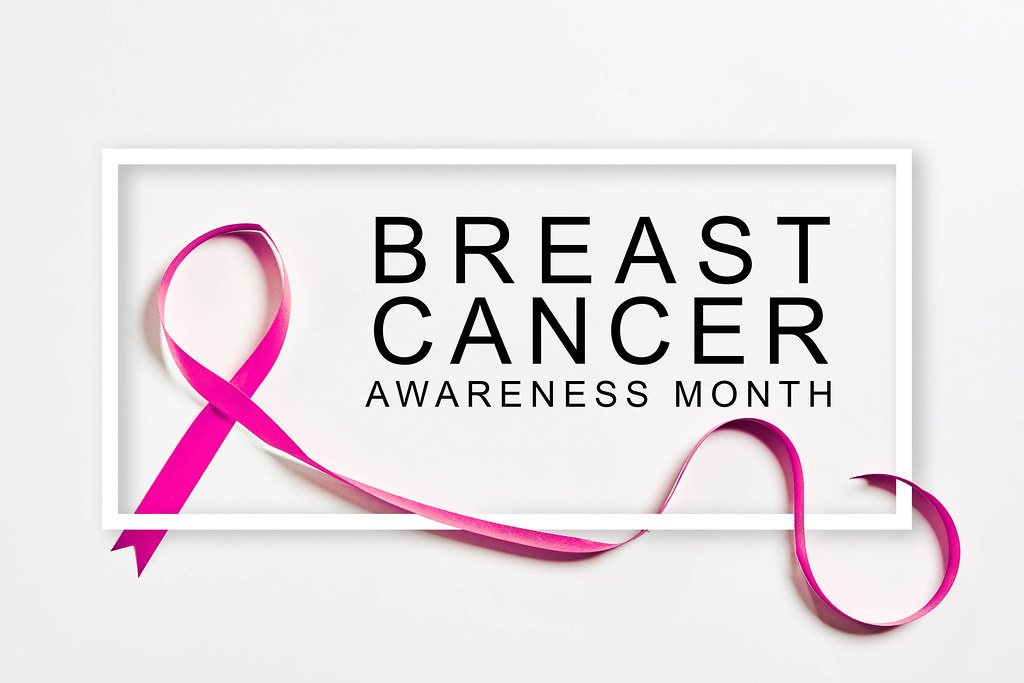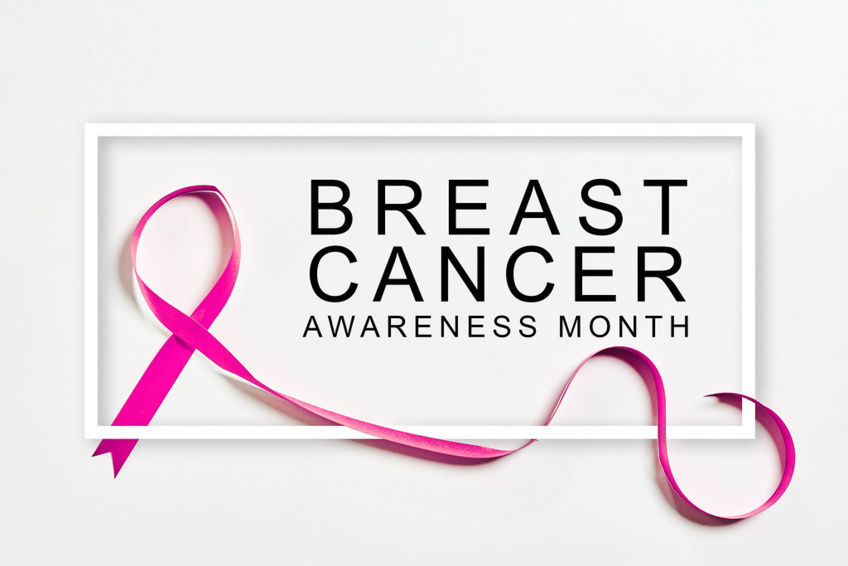Stephanie Walker, a North Carolina native, attended her first breast cancer conference in the spring of 2018 and had a revelation she refers to as her "coming-out party." She discovered she had metastatic breast cancer three years before, and despite being a retired hospice nurse, she faced the disease alone, with no support from others who had gone through the same thing.
“It was the first time during my cancer experience that I saw other people who looked like me,” said Stephanie. “I walked around in shock to see so many other Black people living with metastatic breast cancer – and thriving.”
Stephanie's experience demonstrated the disease's devastating impact on the Black community. It also inspired her to become a member of the Metastatic Breast Cancer Alliance and an advocate for Black men and women with breast cancer.
“While the exact percentage of metastatic recurrences among those treated for early-stage breast cancer is unknown, recent estimates suggest it is nearly 30%,” said Laurie Campbell, MBC Alliance’s Executive Director. She went on to add, “Clinical trials can help improve the outcomes but only 3-6% of people in cancer trials in the United States are Black”.
Stephanie believed she received excellent care, but she was never informed of clinical trial opportunities. This drove her to spearhead the MBC Alliance's BECOME research survey, which stands for Black Experience of Clinical Trials and Opportunities for Meaningful Engagement. The goal of the study was to use patient input to find practical and actionable ways to make it easier for Black people living with metastatic breast cancer to participate in research trials. The research survey had 424 participants, 102 of whom identified as Black.
According to the survey, one of the main reasons that Black people do not sign up for clinical trials is that doctors do not discuss it with them.
"One of our biggest barriers is communication," said Stephanie. "We don't know if you don't ask."
In fact, while 8 out of 10 Black respondents said they'd be interested in trials, only about a third had heard about them from their caregivers.
“That was the biggest surprise to me – that it was a matter of a simple ask,” said Stephanie.
Even when Black patients are aware of trials, trust is another barrier, as they are more likely to be wary of the health system and may worry that trials won’t be fair and equitable.
“The mistrust goes back generations,” said Stephanie. “You can’t erase it, but we must move past it.”
The study found that learning about a trial from someone of the same racial or ethnic background helps build trust among individuals.
On April 1, Stephanie was invited to present the BECOME findings on clinical trial disparities at the annual American Society of Clinical Oncology (ASCO) meeting, which is attended by over 40,000 oncology professionals from around the world.
“I thought it was some kind of an April Fool’s joke,” she recalls. “When MBC Alliance had told me they were going to submit an abstract to ASCO, I thought we couldn’t compete with scientists and the work they do in the lab.”
However, the poster and presentation were so well received that there has been significant press interest in the study, and Stephanie has since been invited to speak at numerous other cancer forums.
“She’s been unstoppable since she started this work,” said Laurie. “I’ve been with MBC Alliance for almost 6 years and have never seen a patient-led research initiative receive this type of attention at ASCO.”
The MBC Alliance will co-host a symposium called Black Wo(Men) Speak on December 5 to continue its work to advance Black participation in trials.
“We’ve let no grass grow under our feet since ASCO,” said Stephanie. “We must take actionable steps to inform Black patients about the importance of participating in trials.”
“It was the first time during my cancer experience that I saw other people who looked like me,” said Stephanie. “I walked around in shock to see so many other Black people living with metastatic breast cancer – and thriving.”
Stephanie's experience demonstrated the disease's devastating impact on the Black community. It also inspired her to become a member of the Metastatic Breast Cancer Alliance and an advocate for Black men and women with breast cancer.
“While the exact percentage of metastatic recurrences among those treated for early-stage breast cancer is unknown, recent estimates suggest it is nearly 30%,” said Laurie Campbell, MBC Alliance’s Executive Director. She went on to add, “Clinical trials can help improve the outcomes but only 3-6% of people in cancer trials in the United States are Black”.
Stephanie believed she received excellent care, but she was never informed of clinical trial opportunities. This drove her to spearhead the MBC Alliance's BECOME research survey, which stands for Black Experience of Clinical Trials and Opportunities for Meaningful Engagement. The goal of the study was to use patient input to find practical and actionable ways to make it easier for Black people living with metastatic breast cancer to participate in research trials. The research survey had 424 participants, 102 of whom identified as Black.
According to the survey, one of the main reasons that Black people do not sign up for clinical trials is that doctors do not discuss it with them.
"One of our biggest barriers is communication," said Stephanie. "We don't know if you don't ask."
In fact, while 8 out of 10 Black respondents said they'd be interested in trials, only about a third had heard about them from their caregivers.
“That was the biggest surprise to me – that it was a matter of a simple ask,” said Stephanie.
Even when Black patients are aware of trials, trust is another barrier, as they are more likely to be wary of the health system and may worry that trials won’t be fair and equitable.
“The mistrust goes back generations,” said Stephanie. “You can’t erase it, but we must move past it.”
The study found that learning about a trial from someone of the same racial or ethnic background helps build trust among individuals.
On April 1, Stephanie was invited to present the BECOME findings on clinical trial disparities at the annual American Society of Clinical Oncology (ASCO) meeting, which is attended by over 40,000 oncology professionals from around the world.
“I thought it was some kind of an April Fool’s joke,” she recalls. “When MBC Alliance had told me they were going to submit an abstract to ASCO, I thought we couldn’t compete with scientists and the work they do in the lab.”
However, the poster and presentation were so well received that there has been significant press interest in the study, and Stephanie has since been invited to speak at numerous other cancer forums.
“She’s been unstoppable since she started this work,” said Laurie. “I’ve been with MBC Alliance for almost 6 years and have never seen a patient-led research initiative receive this type of attention at ASCO.”
The MBC Alliance will co-host a symposium called Black Wo(Men) Speak on December 5 to continue its work to advance Black participation in trials.
“We’ve let no grass grow under our feet since ASCO,” said Stephanie. “We must take actionable steps to inform Black patients about the importance of participating in trials.”


 More Blacks should join clinical trials: metastatic breast cancer survivor
More Blacks should join clinical trials: metastatic breast cancer survivor





 Companies
Companies